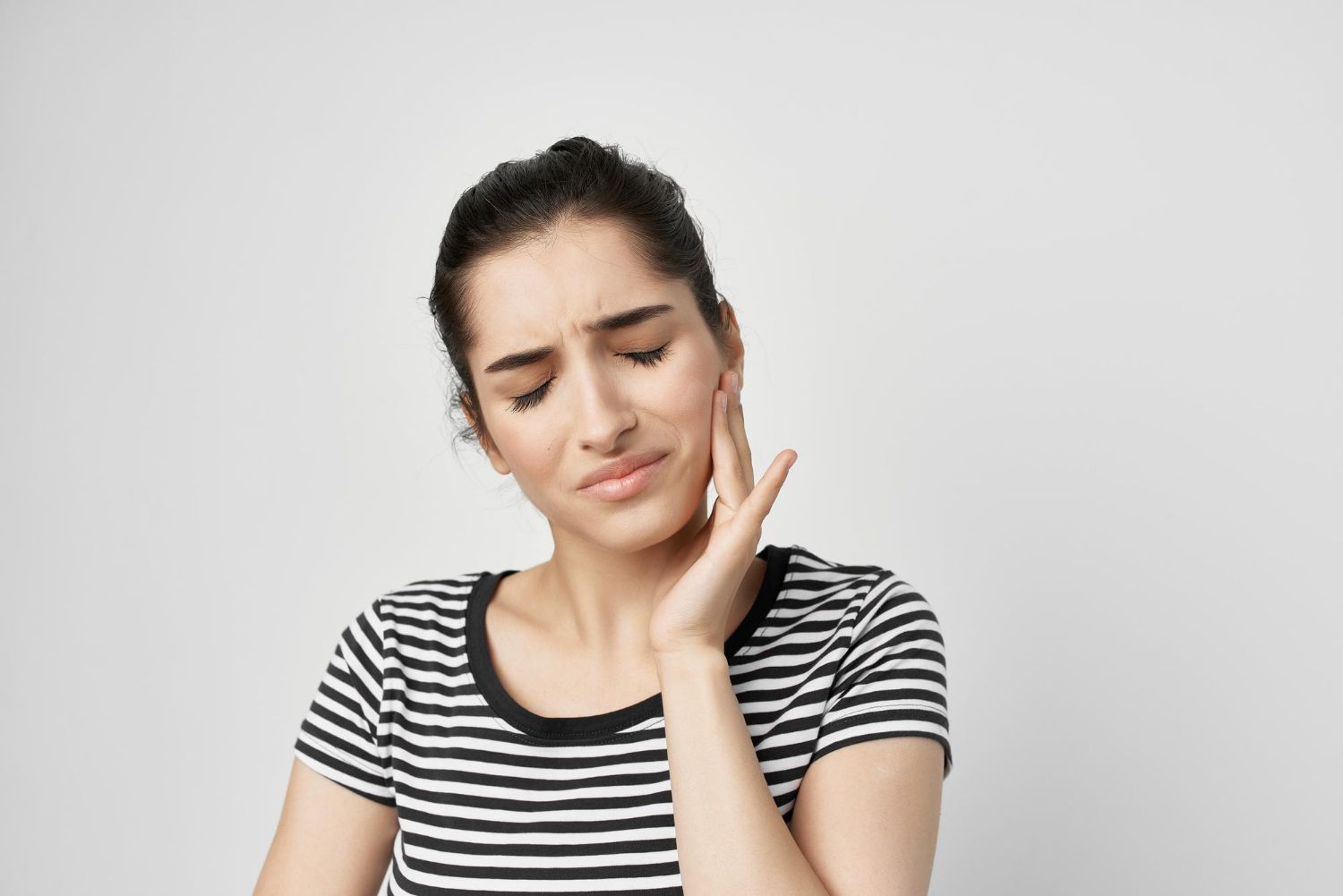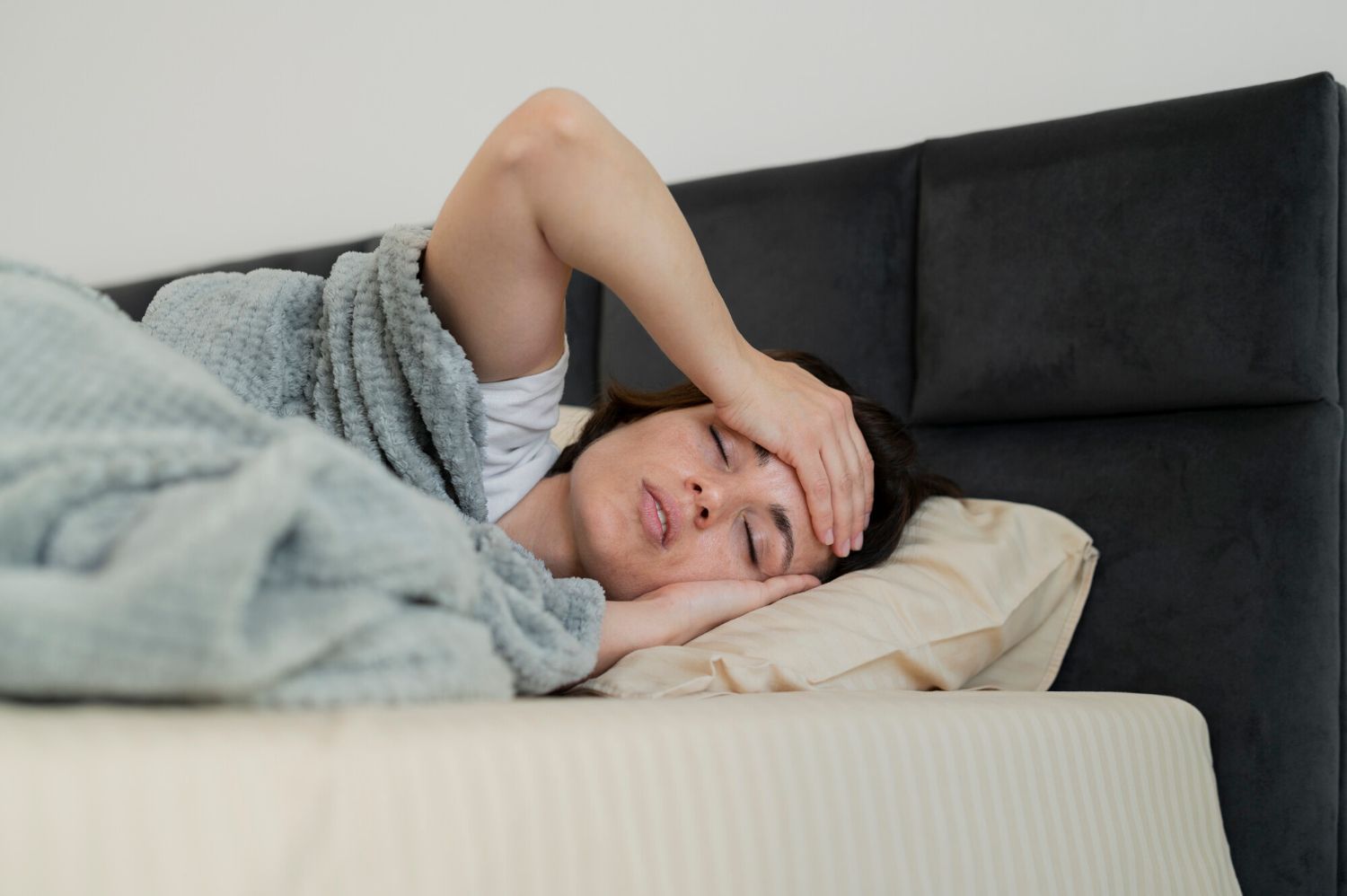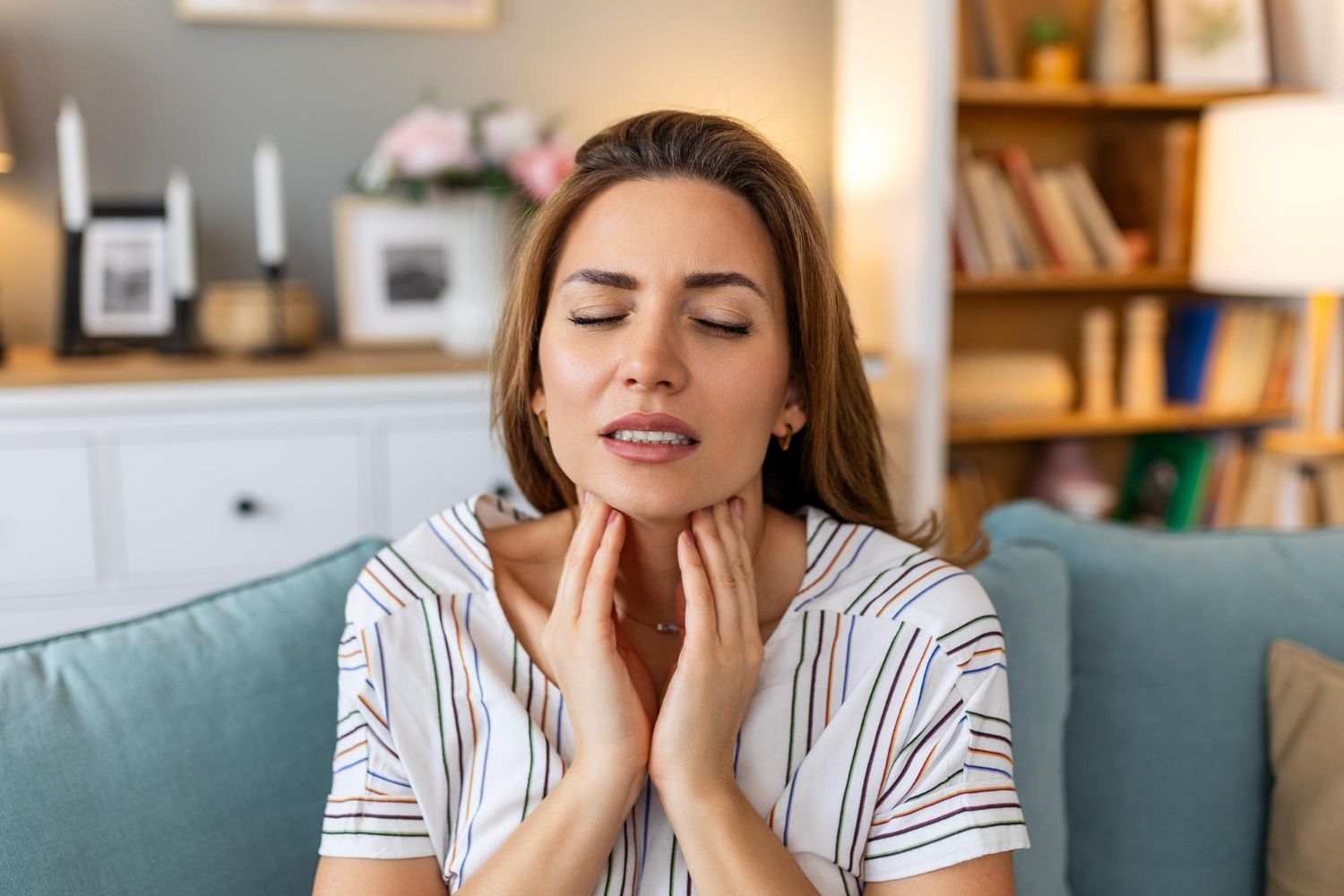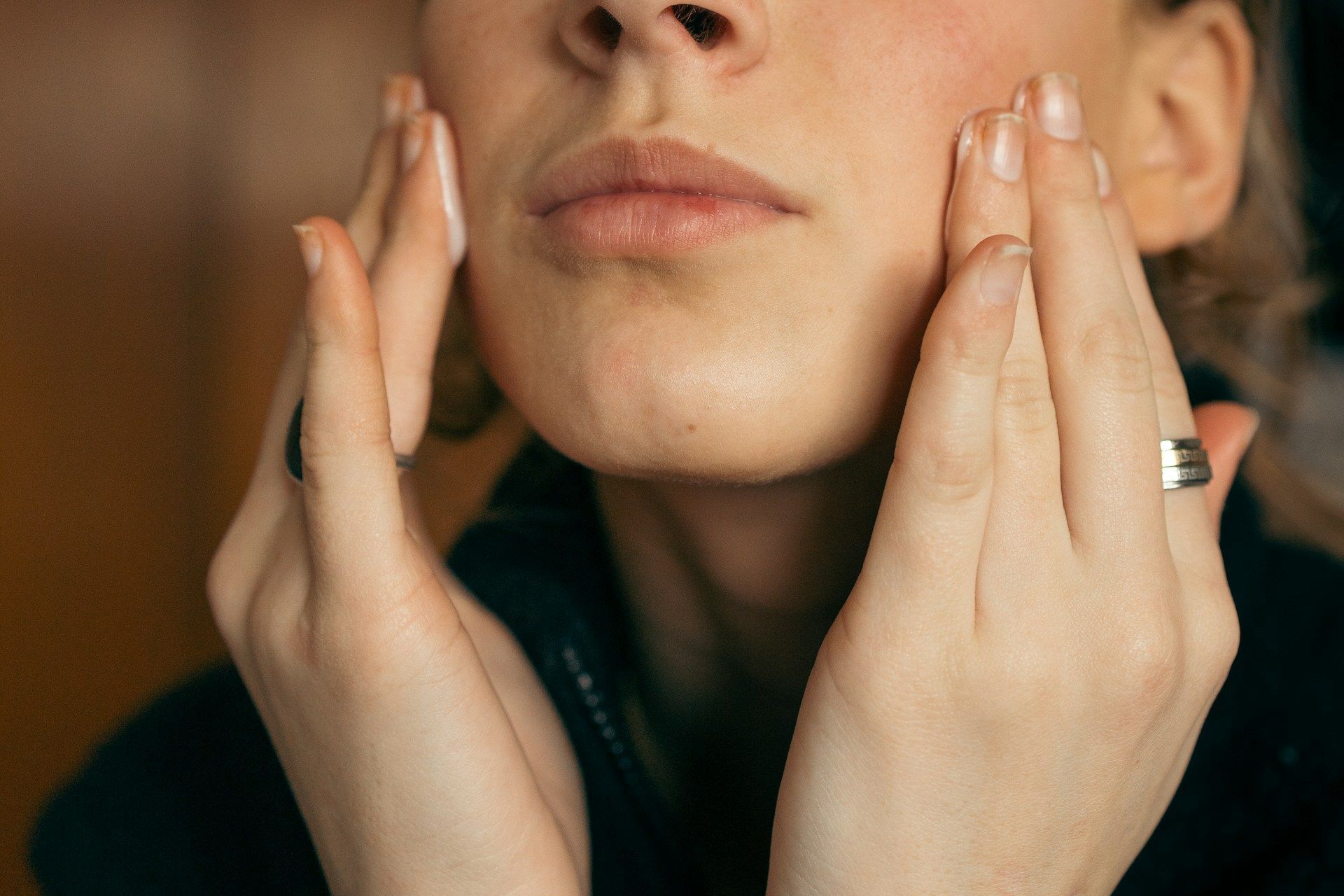Dr. Cameron Kuehne Helps You Understand Sleep Apnea
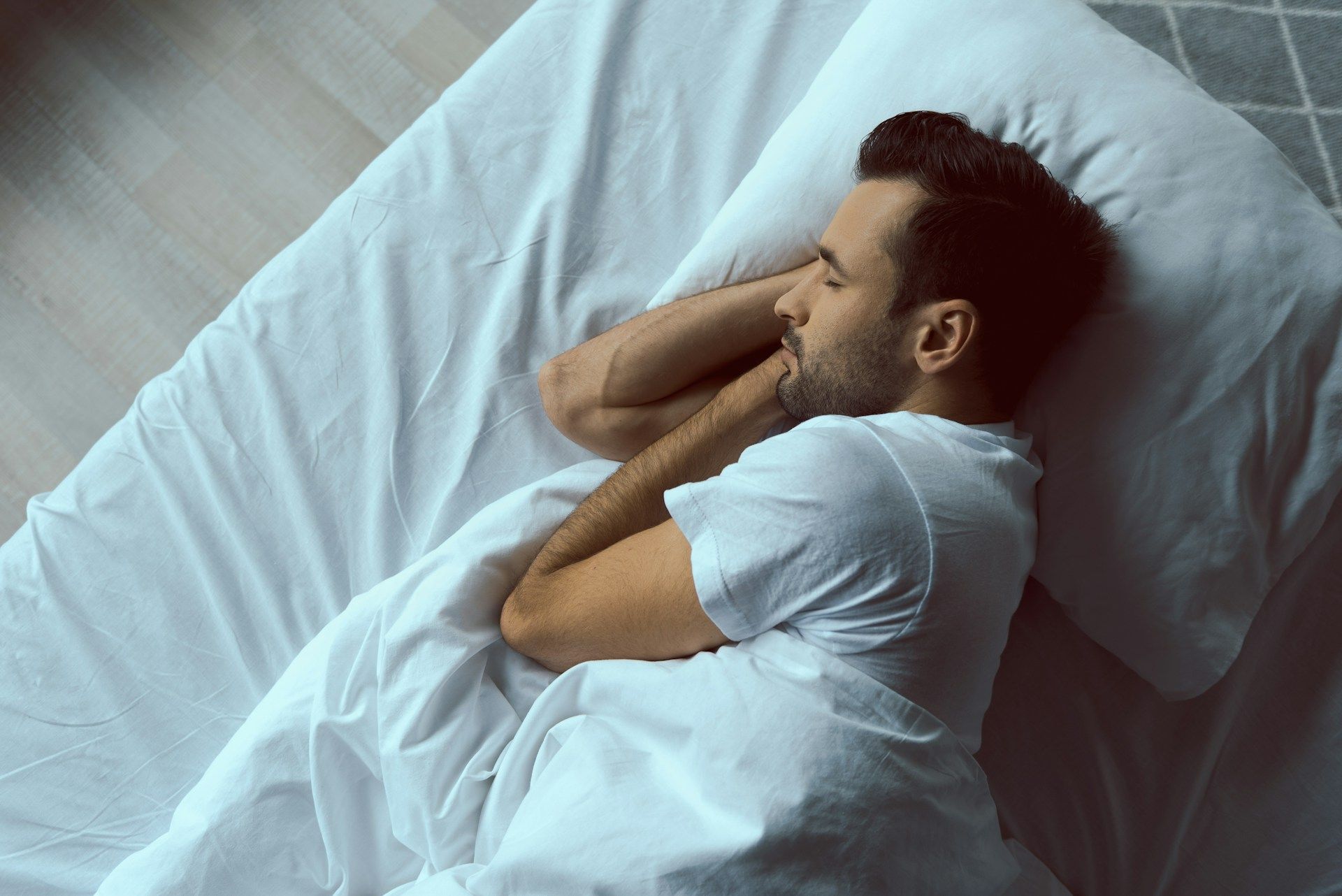
Sleep apnea is a common but serious sleep disorder where your breathing stops and starts repeatedly during sleep. This condition can affect anyone but is often noticed in older adults and overweight individuals. Dr. Cameron Kuehne of The Center for Sleep Apnea and TMJ in Meridian specializes in helping people understand and treat this disorder.
One major challenge with sleep apnea is that it often goes undiagnosed. Many people don't realize they have it because it occurs while they are asleep. Symptoms like loud snoring, gasping for air during sleep, and waking up tired are common but often overlooked.
Understanding and addressing sleep apnea is crucial for your overall health. Untreated sleep apnea can lead to serious conditions like high blood pressure, heart disease, and diabetes. Dr. Cameron Kuehne is dedicated to helping you recognize the signs of sleep apnea, learn about the risk factors, and discover effective treatments.
What is Sleep Apnea?
Sleep apnea is a condition where your breathing repeatedly stops and starts while you sleep. Dr. Cameron Kuehne explains that there are two main types of sleep apnea: obstructive and central. Obstructive sleep apnea, the most common type, happens when the muscles in the back of your throat relax too much to allow normal breathing. Central sleep apnea occurs when your brain doesn't send proper signals to the muscles that control breathing.
When you have sleep apnea, the pauses in breathing can last from a few seconds to a minute. These interruptions can happen many times throughout the night, leading to poor sleep quality. Each time breathing stops, you might wake up briefly, though you may not remember it. This disrupts your sleep cycle and can leave you feeling tired during the day.
Dr. Cameron Kuehne at The Center for Sleep Apnea and TMJ can diagnose sleep apnea through a detailed examination and patient history. Understanding what sleep apnea is and how it impacts your sleep is the first step toward getting treated. Once diagnosed, there are various treatment options available to help you breathe easier and sleep better.
Common Symptoms and Risk Factors of Sleep Apnea
Recognizing the symptoms of sleep apnea is crucial for getting the help you need. Dr. Cameron Kuehne points out several common signs to look out for:
1. Loud Snoring: Frequent, loud snoring is a typical symptom of obstructive sleep apnea. It's often noticed by a bed partner.
2. Gasping for Air During Sleep: You might wake up suddenly with a sensation of choking or gasping for breath.
3. Daytime Sleepiness: Feeling excessively sleepy during the day, even after a full night's sleep, can be a sign of sleep apnea disrupting your rest.
4. Morning Headaches: Waking up with headaches is another common symptom. These headaches are usually caused by lowered oxygen levels during sleep.
5. Dry Mouth or Sore Throat: If you wake up with a dry mouth or sore throat, it might be due to breathing through your mouth during sleep.
Certain risk factors can increase the chances of developing sleep apnea. Dr. Cameron Kuehne identifies a few key ones:
1. Obesity: Excess weight can put pressure on your airway, making it more likely to collapse during sleep.
2. Age: Sleep apnea is more common in older adults.
3. Family History: If sleep apnea runs in your family, you may be at a higher risk.
4. Gender: Men are more likely to have sleep apnea than women.
5. Neck Circumference: A thicker neck can mean a narrower airway, which increases the risk.
By understanding these symptoms and risk factors, you can take steps to seek a diagnosis and treatment. Dr. Cameron Kuehne is dedicated to helping patients in Meridian identify and address sleep apnea, improving their overall health and quality of life.
Non-Surgical Treatment Options Recommended by Dr. Cameron Kuehne
There are several non-surgical treatments available for sleep apnea that Dr. Cameron Kuehne at The Center for Sleep Apnea and TMJ may recommend. These options can help manage the condition effectively and improve your quality of life.
1. Oral Appliances: One common non-surgical treatment is the use of oral appliances. These devices fit in your mouth like a sports mouth guard and help keep your airway open by repositioning your lower jaw and tongue. Dr. Cameron Kuehne can custom-make these appliances to ensure a comfortable fit.
2. Positional Therapy: Sleep position can affect the severity of sleep apnea. Positional therapy involves using devices or special pillows to encourage you to sleep on your side instead of your back. This can help keep your airway open during sleep.
3. Weight Management: For individuals who are overweight, losing even a small amount of weight can reduce the severity of sleep apnea. Dr. Cameron Kuehne often advises patients to combine a healthy diet with regular exercise as part of their treatment plan.
4. Nasal Decongestants: If nasal congestion is contributing to your sleep apnea, using decongestants or nasal sprays can help clear your airways and improve your breathing during sleep.
These non-surgical methods can be very effective. Dr. Cameron Kuehne works closely with each patient to develop a personalized treatment plan that addresses their specific needs and helps manage sleep apnea symptoms.
Lifestyle Changes to Improve Sleep Apnea
In addition to non-surgical treatments, making certain lifestyle changes can significantly improve sleep apnea. Dr. Cameron Kuehne suggests incorporating these adjustments into your daily routine:
1. Maintain a Healthy Weight: Carrying excess weight, especially around the neck, can put pressure on your airway and make sleep apnea worse. Eating a balanced diet and engaging in regular physical activity can help you maintain a healthy weight.
2. Limit Alcohol and Sedatives: Alcohol and sedatives can relax the muscles in your throat, increasing the likelihood of airway blockage during sleep. It's best to avoid these substances, especially in the evening.
3. Quit Smoking: Smoking can increase inflammation and fluid retention in the airway, worsening sleep apnea. Quitting smoking can improve your overall health and reduce sleep apnea symptoms.
4. Regular Sleep Schedule: Going to bed and waking up at the same time every day can improve your sleep quality. Aim for 7-9 hours of sleep each night and create a relaxing bedtime routine to help you fall asleep more easily.
5. Elevate Your Head: Sleeping with your head elevated can help keep your airway open. Consider using a wedge pillow or an adjustable bed to maintain an elevated sleeping position.
6. Stay Active: Regular physical activity can improve your overall health and help reduce sleep apnea symptoms. Activities like walking, swimming, or cycling can be beneficial.
Dr. Cameron Kuehne emphasizes that these lifestyle changes can play an important role in managing sleep apnea. By making these adjustments, you can improve your sleep and overall quality of life.
Conclusion
Sleep apnea can greatly impact your life, but understanding it and knowing how to manage it can make a huge difference. Dr. Cameron Kuehne at The Center For Sleep Apnea and TMJ is dedicated to helping you learn about sleep apnea, recognize its symptoms, and explore effective treatments and lifestyle changes. Whether it's through customized oral appliances or simple lifestyle adjustments, taking action can lead to better sleep and a healthier life.
If you're in Meridian and struggling with sleep apnea, Dr. Cameron Kuehne and his team at CSAT Meridian—The Center For Sleep Apnea and TMJ—specialize in
sleep apnea treatment in Meridian, ID. Contact us today to begin your journey towards better sleep and improved health. Your path to restful nights and energetic days starts here.


